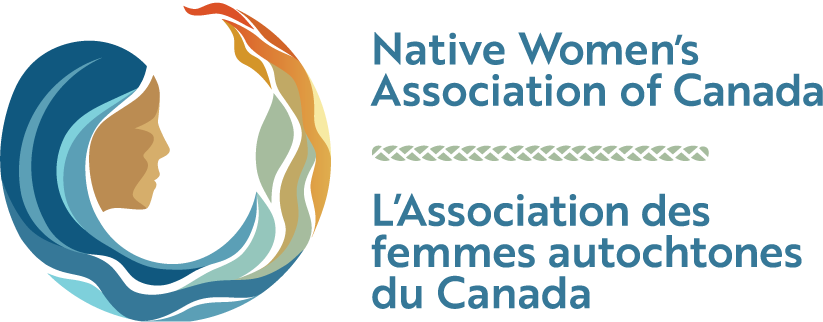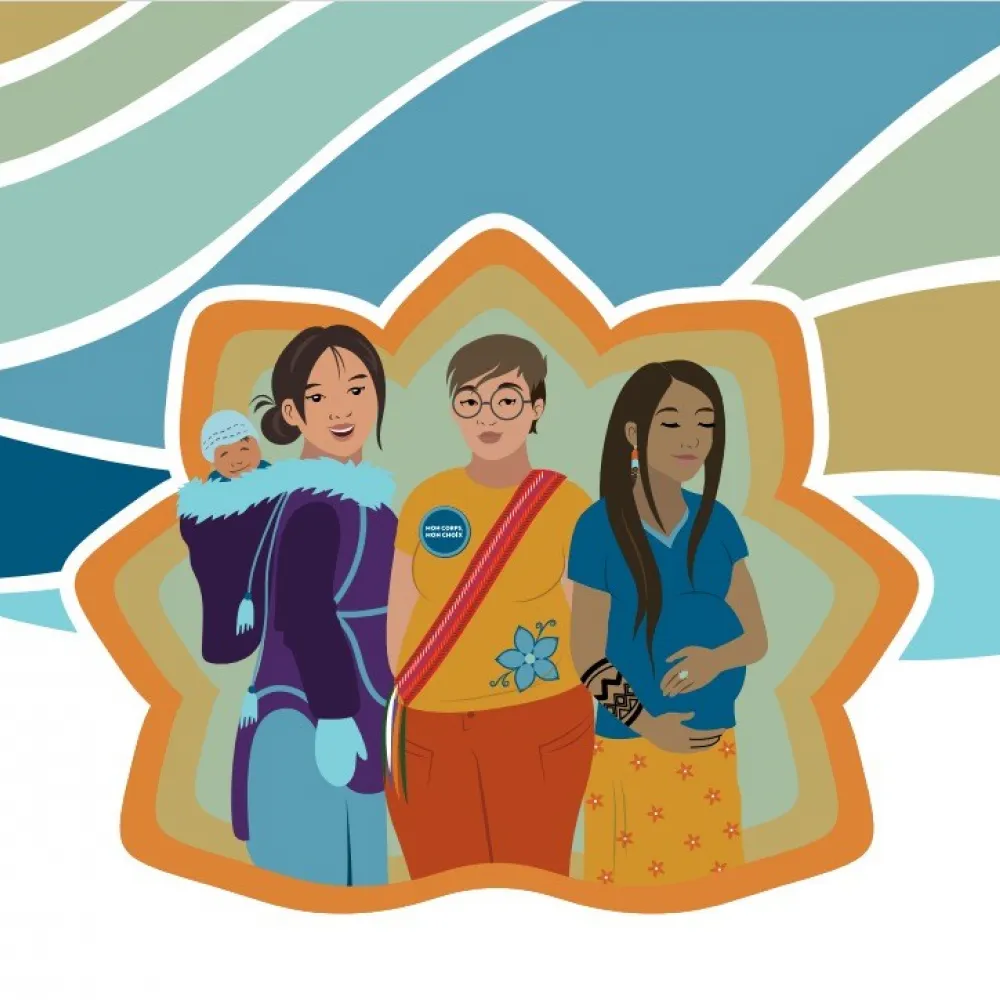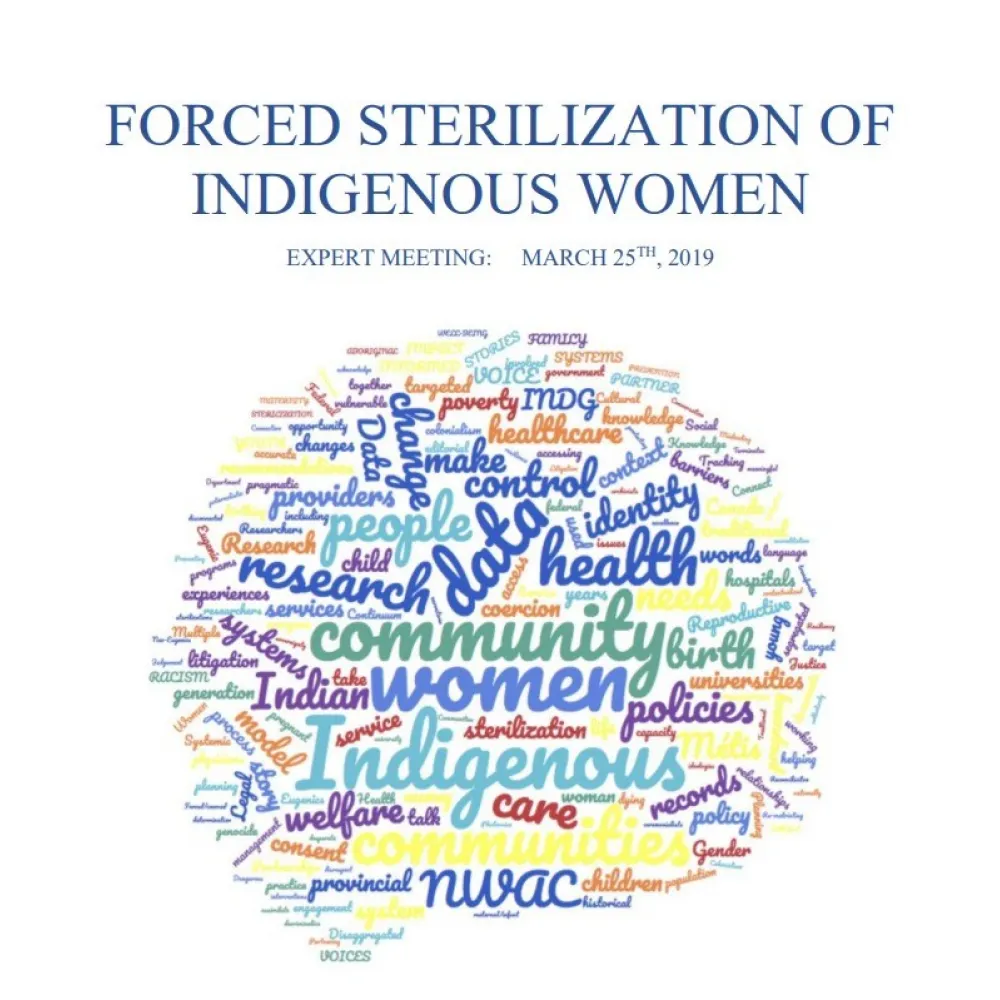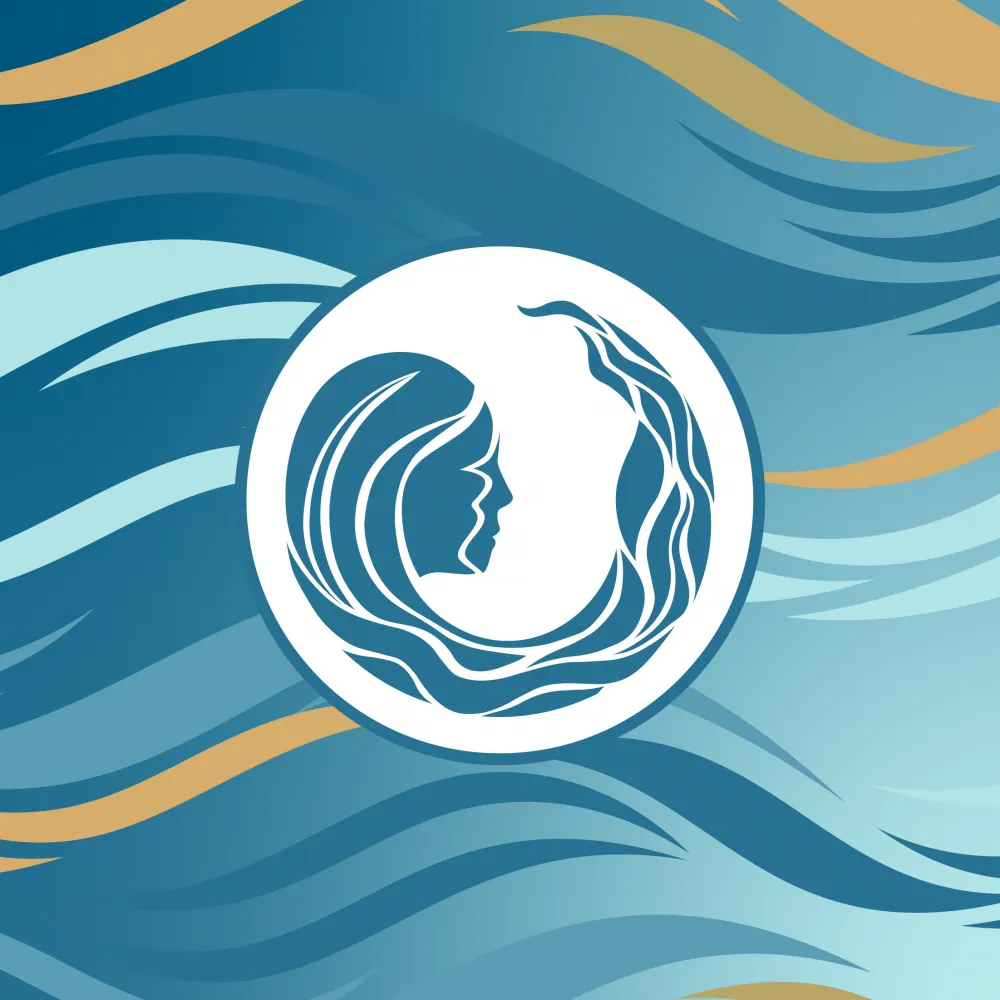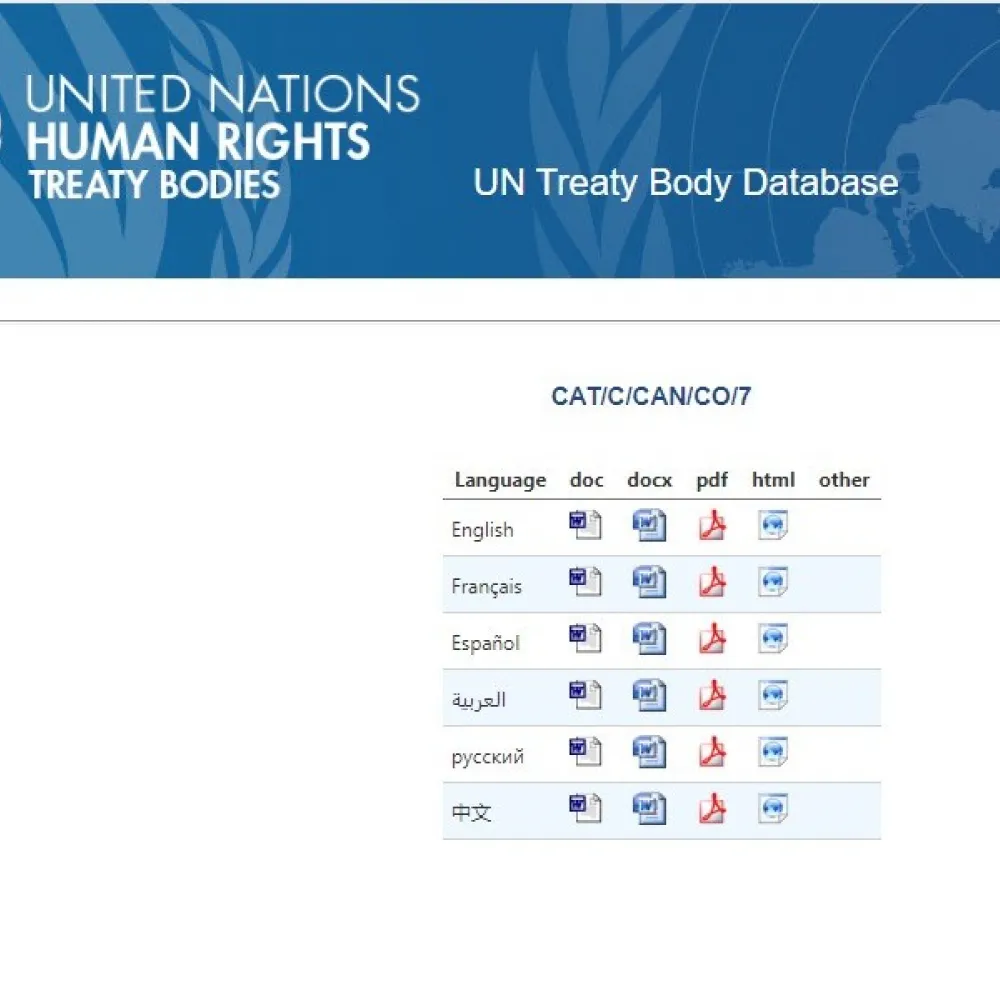In the past, many provinces in Canada had laws that allowed the forcible sterilization of many marginalized groups, including Indigenous women. This is a violation of the human rights, Charter Rights and Reproductive Rights of Indigenous women and girls. Although those laws are no longer in effect, there have been reports of forced and coerced sterilization in Canadian hospitals as recently as 2019.
Forced sterilization has been occurring since at least the 1930s. It has been reported that some Indigenous women were led to believe that the procedure (tubal ligation) was reversible or that they would still be able to have children in the future. In some cases, Indigenous women expressly denied consent to the surgeries which were performed without consent.
NWAC has been working with partners: Amnesty International, Action Canada, and Inter Pares, to bring national attention to this serious issue, as well as to advocate for immediate action by the Canadian government. NWAC has issued statements before the United Nations and the Inter-American Commission on Human Rights, supporting survivors of forced sterilization.
The Forced and Coerced Sterilization Project involves research and advocacy to address the ongoing issue of coerced and forced sterilizations of Indigenous women in Canada. Our project has held expert forums, participated in discussions relating to policy and recommendations, led community engagement sessions, and developed resources on sexual and reproductive health, informed consent, birth control options, and filing complaints.
